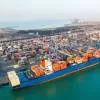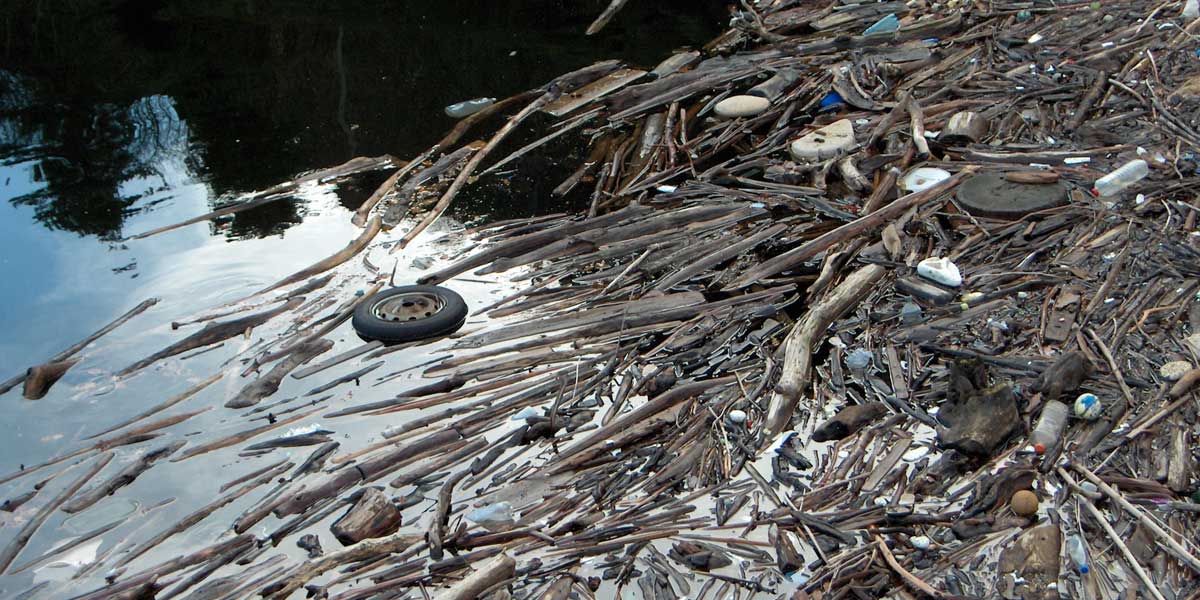
Maharashtra on Course to Become Water Secure through River Linking Projects
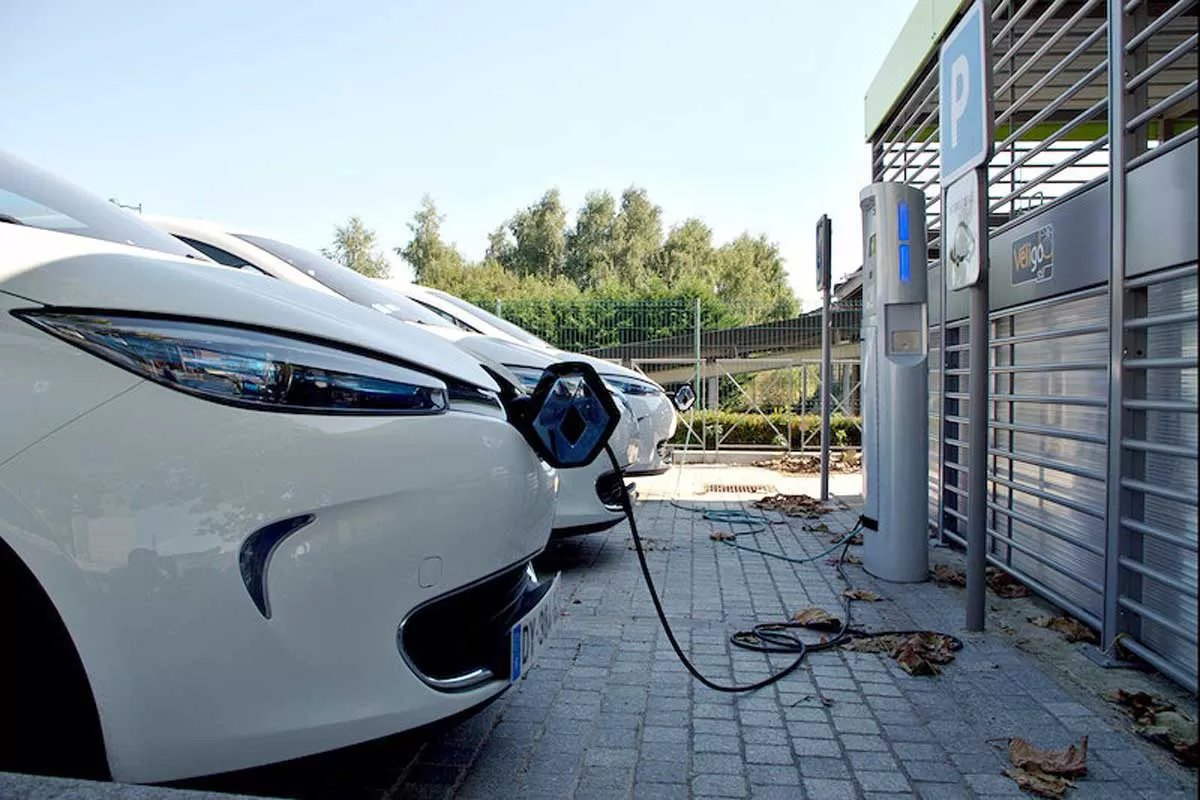
Gentari and Shell team up to boost EV charging network in India
Gentari Green Mobility India and Shell India have entered into a strategic roaming partnership aimed at improving electric vehicle (EV) charging accessibility across the country. Starting from 10 July, users of the Gentari Go app will be able to access Shell Recharge charging stations, while Shell Recharge users will also gain access to Gentari’s charging network, covering over 450 chargers.This collaboration is designed to expand the EV charging infrastructure and improve service quality in India by enabling interoperability between the two platforms. Gentari Go already operates more than 3..
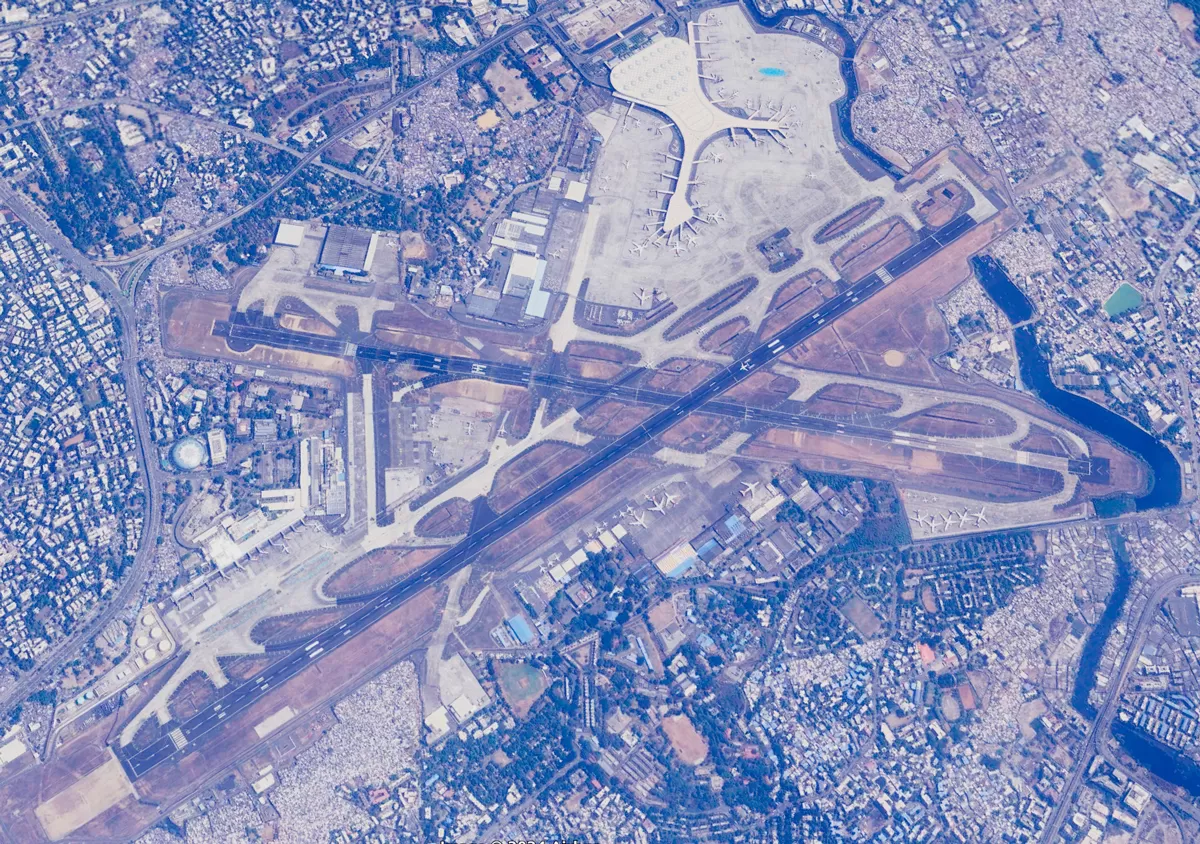
Maharashtra may allow higher FSI in Mumbai airport funnel zone
The Maharashtra government is considering the possibility of allowing higher potential Floor Space Index (FSI) for buildings located within Mumbai's airport funnel zone, in response to the redevelopment challenges caused by stringent height restrictions in these areas.The affected regions mainly include Vile Parle, Santacruz, and Kurla. As part of its revised policy for the funnel zone, the state government is, for the first time, offering Transfer of Development Rights (TDR) specifically for redevelopment purposes rather than for land acquisition.The issue was highlighted in the Assembly, whe..
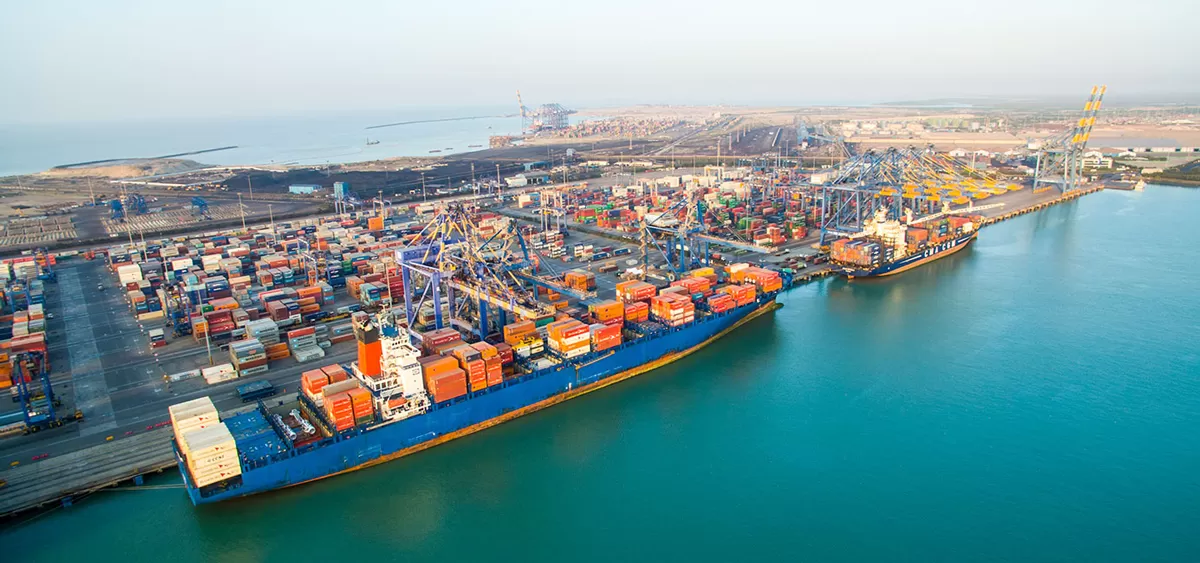
Adani Ports, Airports May Raise $250 Mn from MUFG Amid US Scrutiny
Two entities under the Adani Group are in advanced negotiations to secure around $250 million in offshore bilateral loans from Mitsubishi UFJ Financial Group (MUFG), according to a Bloomberg report citing sources familiar with the matter.Adani Ports and Special Economic Zone is expected to raise approximately $100 million, while Adani Airport Holdings aims to secure about $150 million. The agreement related to the ports business could be finalised as early as this week. In addition to MUFG, both companies are also reportedly exploring funding options with other Japanese banks.This marks MUFG�..








